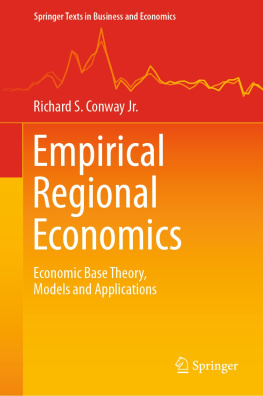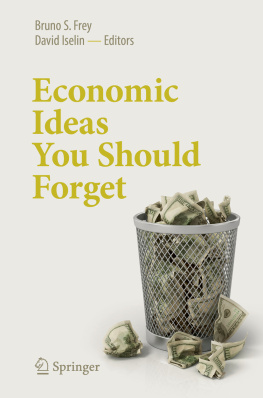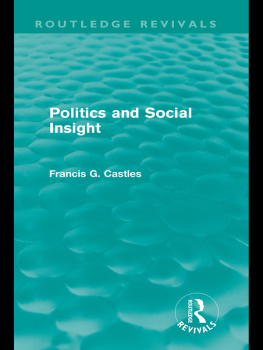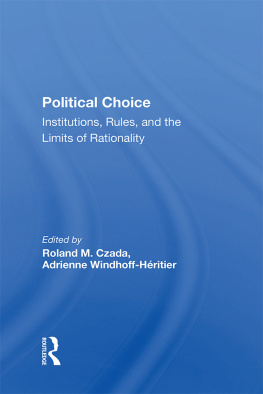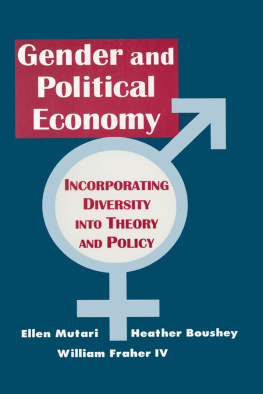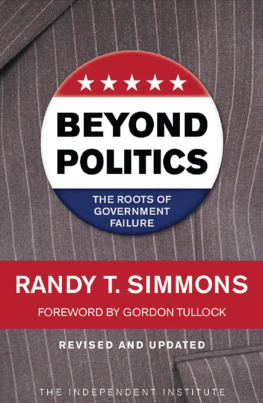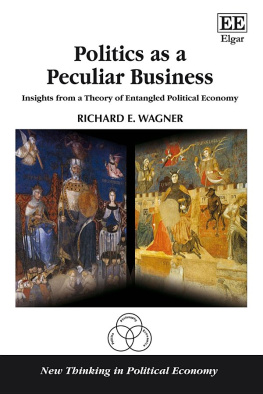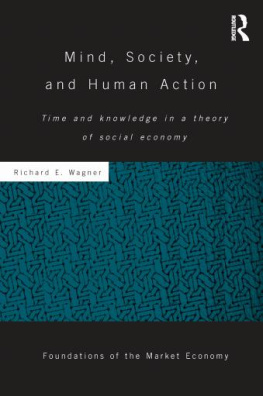Cover
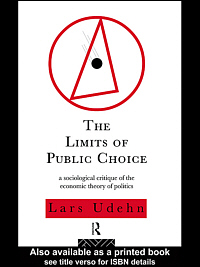
| title | : | Limits of Public Choice : A Sociological Critique of the Economic Theory of Politics |
| author | : | Udehn, Lars. |
| publisher | : | Taylor & Francis Routledge |
| isbn10 | asin | : | 041512512X |
| print isbn13 | : | 9780415125123 |
| ebook isbn13 | : | 9780203007907 |
| language | : | English |
| subject | Social choice, Economia politica--Aspectos sociologicos , Economics--Sociological aspects, Politics |
| publication date | : | 1996 |
| lcc | : | HB846.8.U33 1996eb |
| ddc | : | 320/.01 |
| subject | : | Social choice, Economia politica--Aspectos sociologicos , Economics--Sociological aspects, Politics |
Page i
THE LIMITS OF PUBLIC CHOICE
Public choice, the economic theory of polities, has been one of the most important developments in the social sciences in the last twenty years. This book argues that the claims made by many economists and their followers about the scope and richness of this approach are greatly exaggerated.
The book addresses a wide range of the approaches which come under the heading of public choice, paying particular attention to the work of Buchanan, Tullock, Downs and Olson. According to James Buchanan, public choice is based on the following key assumptions of economics:
self-interest which is shown to be too far removed from observed political behaviour to be useful, even as a simplifying assumption |
market exchangethe metaphor of a political market is misleading because it privileges one factor amongst many |
individualism reveals an ideological as well as a methodological bias in public choice |
Despite these problems, the author acknowledges that the recent popularity of economic thinking in the other social sciencesoften referred to as economic imperialismhas had a revitalizing effect. However it becomes counterproductive when it begins to crowd out other approaches, and in particular it argues for the richness of the sociological approach to politics, as a complement to the economic one.
Lars Udehn is a researcher and lecturer in Sociology at the University of Uppsala.
Page ii
This page intentionally left blank.
Page iii
THE LIMITS OF PUBLIC CHOICE
A sociological critique of the economic theory of politics
Lars Udehn

London and New York
Page iv
First published 1996
by Routledge
11 New Fetter Lane, London EC4P 4EE
This edition published in the Taylor & Francis e-Library, 2003.
Simultaneously published in the USA and Canada
by Routledge
29 West 35th Street, New York, NY 10001
1996 Lars Udehn
All rights reserved. No part of this book may be reprinted or
reproduced or utilized in any form or by any electronic,
mechanical, or other means, now known or hereafter
invented, including photocopying and recording, or in any
information storage or retrieval system, without permission in
writing from the publishers.
British Library Cataloguing in Publication Data
A catalogue record for this book is available from the British Library
Library of Congress Cataloging in Publication Data
A catalogue record for this book has been requested
ISBN 0-203-00790-5 Master e-book ISBN
ISBN 0-203-29106-9 (OEB Format)
ISBN 0-415-08273-0 (hbk)
ISBN 0-415-12512-X (pbk)
Page v
To my parents, Elsa and Lennart
Page vi
This page intentionally left blank.
Page vii
CONTENTS
Figures | ix |
Acknowledgements | x |
INTRODUCTION | |
Part I
Public choice: a critique |
| TWO APPROACHES TO POLITICS | |
Public choice | |
Political sociology | |
| SELF-INTEREST IN POLITICS | |
Politicians | |
Bureaucrats | |
Voters | |
Political man | |
Sociological man | |
| POLITICS AS EXCHANGE | |
Exchange | |
Persuasion | |
Power | |
| INDIVIDUALISM | |
Methodological individualism | |
Normative public choice | |
Public choice as ideology | |
Part II
Collective action: a comparison |
| THE ECONOMICS OF COLLECTIVE ACTION | |
The problem of collective action | |
Group size | |
Page viii
Time and interaction | |
Social structure | |
Selective incentives | |
Mixed motivations | |
The evidence | |
| THE SOCIOLOGY OF COLLECTIVE ACTION | |
Group theory | |
Collective behaviour | |
Collective action | |
Resource mobilisation | |
Social movements | |
New social movements | |
| COOPERATION AND SOCIAL ORDER | |
Reciprocity | |
Community | |
Social order | |
CONCLUSION | |
Notes | |
Bibliography | |
Index | |
Page ix
FIGURES
1.1 | The context of public choice | |
1.2 | A sociological model of voting | |
3.1 | Actors on the political market | |
3.2 | A Weberian model of the control of bureaucracy | |
3.3 | One-dimensional spatial politics in a two-party system | |
3.4 | Mass mediaa missing element in public choice |
Next page

